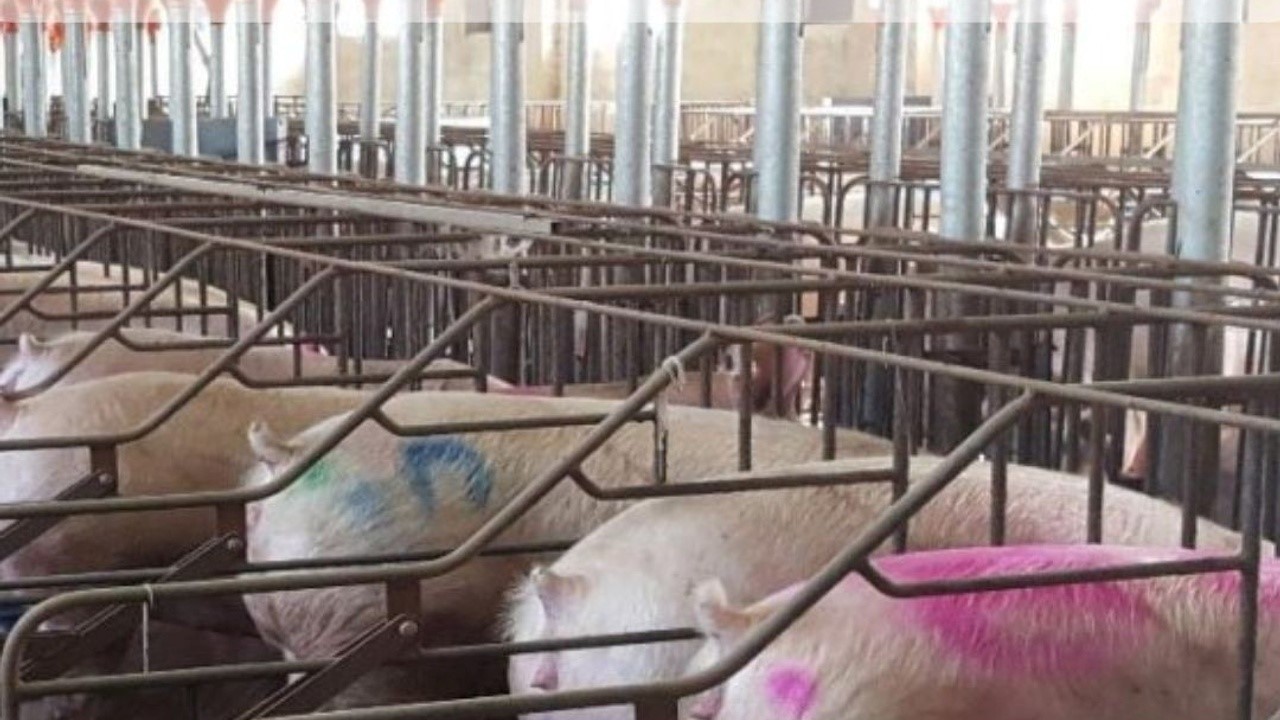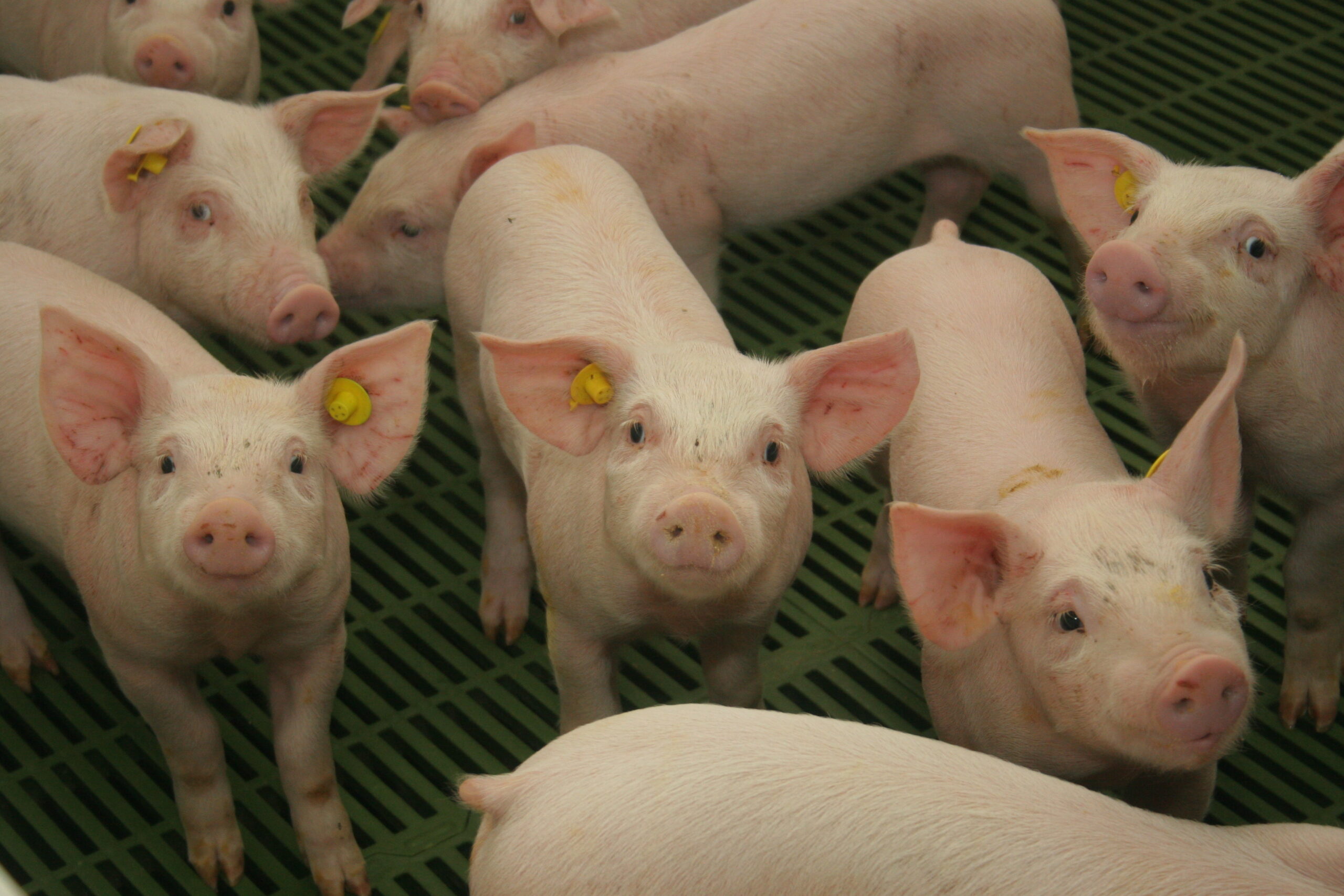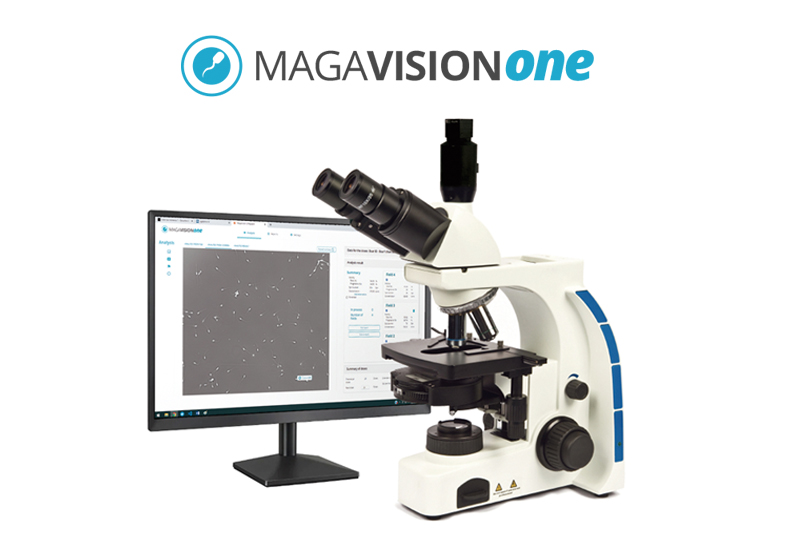Specific migration analysis of plastic bags used for artificial insemination of sows and non-targeted screening showed the presence of 10 nonylphenol isomers in water and 10% ethanol used as simulants of semen. They were all identified and quantified in the migration tests from many plastic films used for pig insemination processes.
The direct exposure of sperm to 2 ppm of these nonylphenols showed a significant reduction in the in vitro penetration rate, although visual changes in other parameters were not initially detected. However, 10 ppm or higher concentrations of nonylphenols produced a very significant decrease in motility, viability and mitochondrial activity, and an increase in early apoptosis and acrosomes reacted to only 1 day of exposure. Nonylphenols cause an oxidative imbalance inside the sperm and probably produce an alteration of the regulatory genes, which explains why the effect is observed later in the penetration rate. This fact could be attributed to the modification of any specific genes if nonylphenols bind DNA, as was reported in other cases.







